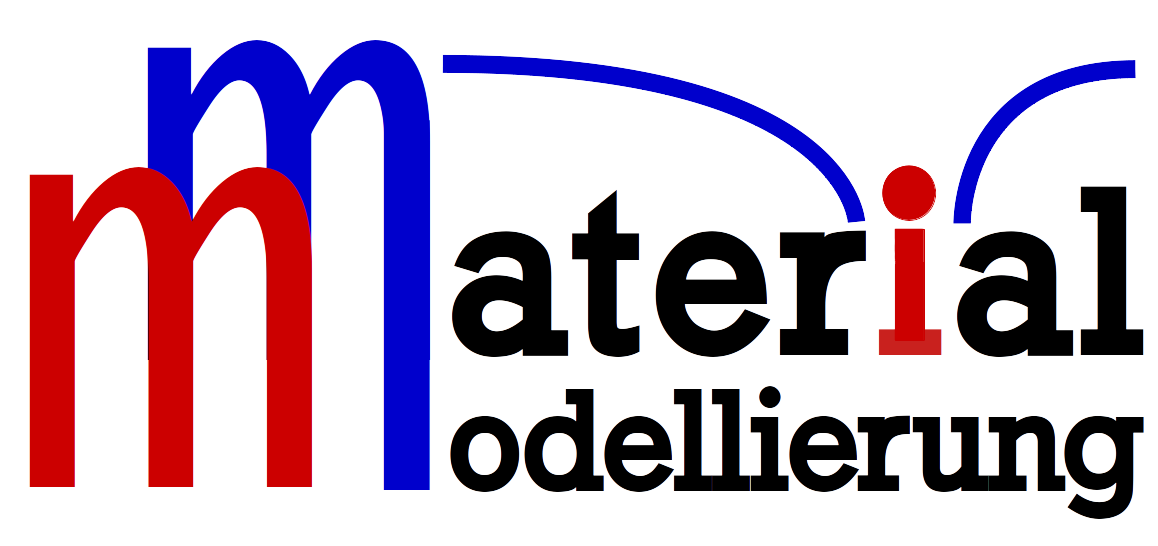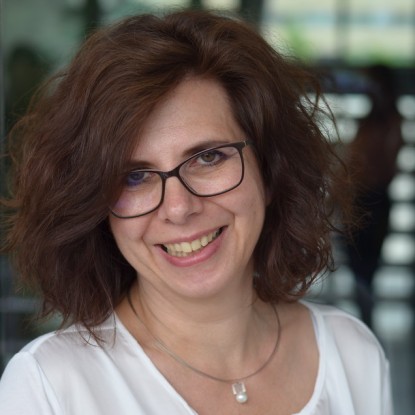We deliberately focus on these well-studied single-phase model alloy systems, namely the fcc CoCrFeMnNi and the AlCoCrFeNi system, which undergoes an fcc-bcc transition depending on the Al content, and the bcc HfNbTaTiZr alloys, in order to profit from available literature data, e.g. on stability ranges in temperature and/or composition. Based on these stable fcc and bcc lattices, we will explore in a continuous approach the chemical parameter space in between these model alloys as well as in the direction of subset compositions. The results that we shall obtain will thus not only contribute to the understanding of a specific alloy system, but also to HEAs in general.
Processing of the alloys will involve systematic thermomechanical treatment including diffusion couples and severe plastic deformation of the alloys with subsequent heat treatment. Tracer diffusion will present an important tool for analysing the atomic mobilities in the bulk HEAs but also specifically in the grain boundaries, providing important input concerning the general characteristics of HEA but also concerning highly relevant properties such as stability, oxidation resistance or high-temperature creep. The alloys will be analyzed with respect to their mechanical properties using macroscopic and small scale mechanical testing approaches, from RT up to 500 °C at various strain rates and under in-situ observation, both SEM and TEM. Microstructure investigations on all relevant length scales from the atomic (TEM) to the micron scale (high resolution EBSD) shall reveal defect structures, lattice strain and the characteristics of internal homophase (grain boundaries) and heterophase interfaces such as segregation, dislocation pile-ups or strain fields. In-situ experiments inside the TEM will analyse the formation of specific defects such as nano-twins in strained fcc-HEA but will also allow analysing microstructure-defect interactions, like dislocation storage and dislocation-solute as well as the dislocation-grain boundary and solute-grain boundary interaction. The experimental studies are closely interlinked to atomistic modelling, which provides additional insight into the lattice stability, basic deformation mechanisms, diffusion mechanisms, defect structures, and particularly defect formation and defect interactions in HEAs. The interconnected questions outlined above shall be addressed in a collaborative research effort that benefits from the complementing expertise of the involved partners.
AZ: STU611/2-1
Project period: November 2017 – October 2020
Subproject to: SPP 2006: Compositionally Complex Alloys – High Entropy Alloys (CCA – HEA)
Project with the Westphalian Wilhelms University of Münster


Error on loading data
An error has occured when loading publications data from TUbiblio. Please try again later.
-
{{ year }}
-
; {{ creator.name.family }}, {{ creator.name.given }}{{ publication.title }}.
; {{ editor.name.family }}, {{ editor.name.given }} (eds.); ; {{ creator }} (Corporate Creator) ({{ publication.date.toString().substring(0,4) }}):
In: {{ publication.series }}, {{ publication.volume }}, In: {{ publication.book_title }}, In: {{ publication.publication }}, {{ publication.journal_volume}} ({{ publication.number }}), ppp. {{ publication.pagerange }}, {{ publication.place_of_pub }}, {{ publication.publisher }}, {{ publication.institution }}, {{ publication.event_title }}, {{ publication.event_location }}, {{ publication.event_dates }}, ISSN {{ publication.issn }}, e-ISSN {{ publication.eissn }}, ISBN {{ publication.isbn }}, DOI: {{ publication.doi.toString().replace('http://','').replace('https://','').replace('dx.doi.org/','').replace('doi.org/','').replace('doi.org','').replace("DOI: ", "").replace("doi:", "") }}, Official URL, {{ labels[publication.type]?labels[publication.type]:publication.type }}, {{ labels[publication.pub_sequence] }}, {{ labels[publication.doc_status] }} - […]
-
Number of items in this list: >{{ publicationsList.length }}
Only the {{publicationsList.length}} latest publications are displayed here.
Research Assistant

Shankha Nag Ph.D.
Contact
shankha.nag@tu-...
work +49 6151 16-21891
Work
L6I01 212
Otto-Berndt-Str. 3
64206
Darmstadt
Project Leader

Prof. Dr. rer. nat. Karsten Albe
Head of Research Group
Contact
albe@mm.tu-...
work +49 6151 16-21900
fax +49 6151 16-20965
Work
L6|01 211
Postfach 10 06 36
Otto-Berndt-Str. 3
64206
Darmstadt





